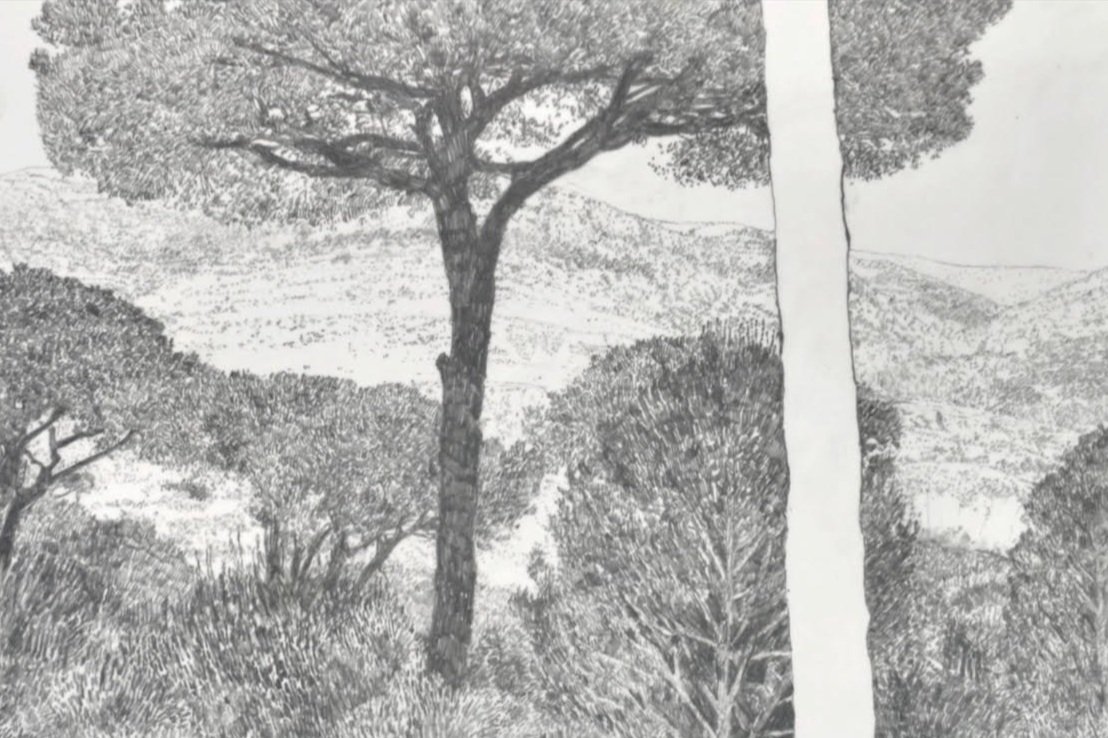Shruthi Rajasekar
Photo by Alia Rose
Shruthi Rajasekar is an Indian-American composer and vocalist exploring identity, community, and joy. Named by The Guardian as a composer "who will enrich your life,” Shruthi creates intersectional art reflecting her unique background in the Carnatic (South Indian classical) and Western classical idioms.
Shruthi has won numerous honors, including the KHORIKOS ORTUS International Award and the Global Women in Music Award from the United Nations High Commissioner for Human Rights & Fondazione Adkins Chiti. Praised as “lushly beguiling music” by The Times, Shruthi’s compositions are performed across the world and have been featured on Spotify's Official Classical Releases, BBC Radio 3, and YourClassical. Recent and current commissions include new works for VOCES8, Hertfordshire Chorus, ABRSM, Seattle Pro Musica, and Yale University’s Institute of Sacred Music. In November 2021, her piece for the Royal Scottish National Orchestra Junior Chorus was premiered at the United Nations COP26.
Shruthi has been an artist-in-residence at the Anderson Center and Britten Pears Arts. A graduate of Princeton University, she received a Marshall Scholarship for further study in ethnomusicology (SOAS, University of London) and composition (Royal Northern College of Music). Currently based in Minnesota, USA, Shruthi serves on the board of new music chamber ensemble Zeitgeist.
Photo by Roscoe Rutter
Artist Statement
My musical expression is shaped by my training in the Carnatic and Western classical idioms; in my work, these two traditions intersect and converse as I explore how different influences coexist in all of us. Each of us is a mosaic of our experiences, and I believe it is our varied backgrounds which, once recognized, allow us to understand each other, no matter how different our individual stories are. This is what drives me to create: to build spaces for reflection and exchange.
Community is central to every aspect of my composing, whether it is the cultural and diasporic experiences that I draw from or the different groups of listeners and performers that I bring together in the works that I write. I love composing for vocal ensembles because they mirror my creative approach: just as my composition process is unearthing facets of myself and more about the world around me, I find singing to be simultaneously a personal and communal act. To sing together requires us to breathe together, to sense one another, and to really listen to our neighbors — making us more present, more grounded, and more giving.
At Tusen Takk
Much of choral music is sacred, stemming from composers writing for Christian services from the medieval times to today. Shruthi is Hindu, and she is near the beginning of a journey to understand this music’s liturgical function and how it can connect with her own faith. Shruthi adores the sacred repertoire she has experienced as a performer and she seeks to be able to step into this space as a generative artist — but do so with respect, awareness, and integrity.
At Tusen Takk, Shruthi examined the relationship between creative focus and spiritual meditation, making a sacred choral work embodying these two connected realms. Total immersion in nature, solitude, and contemplation — markers of composing and faith — was supplemented by studying Christian texts and learning the nuances of denominations and their practices. In the process, Shruthi opened herself to quieter spiritual emotions, like thankfulness and peace, as well as the ones that feel most vulnerable to her: rapture and release. Her resulting composition Da Pacem Domine is linked below.
Performance photo
Photo by Bala's Clicks
Public Program
Related News








